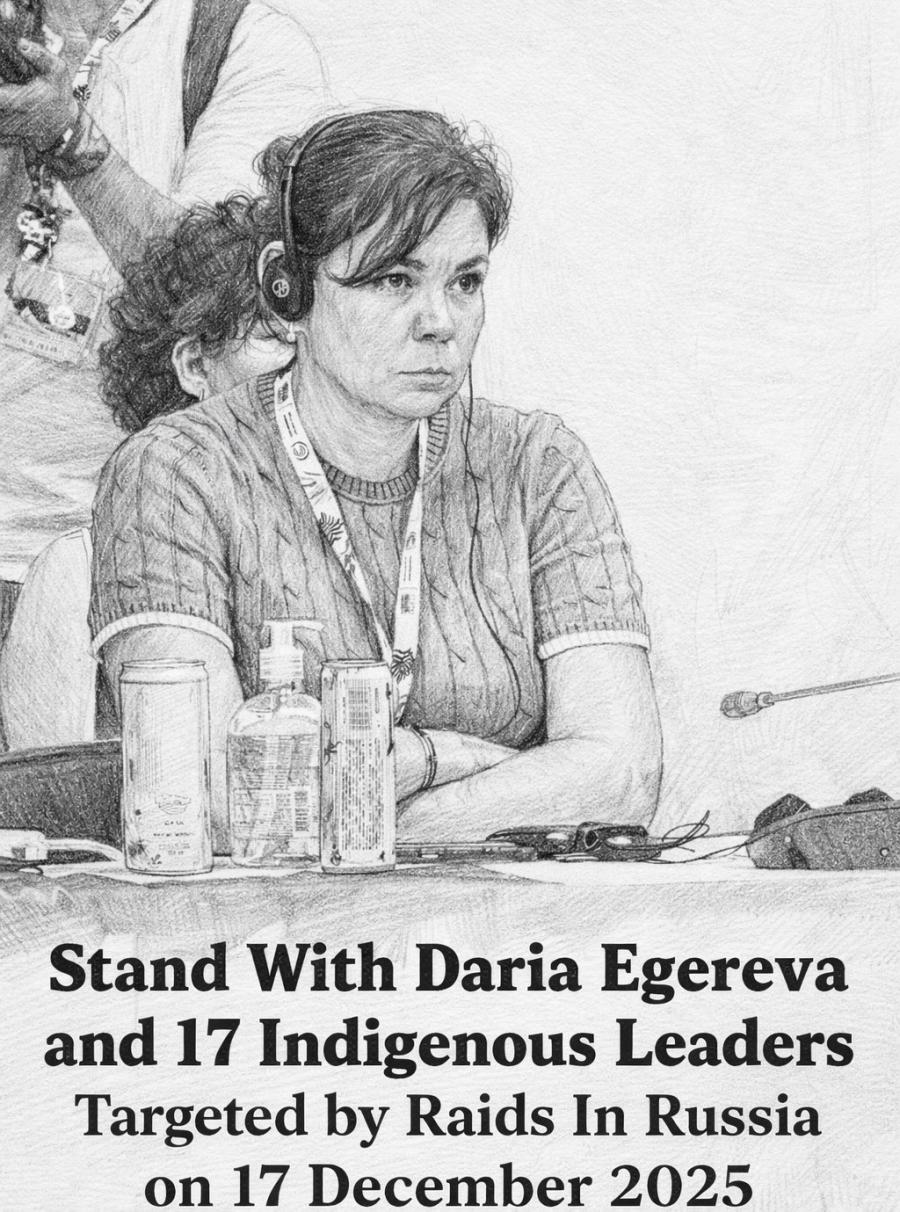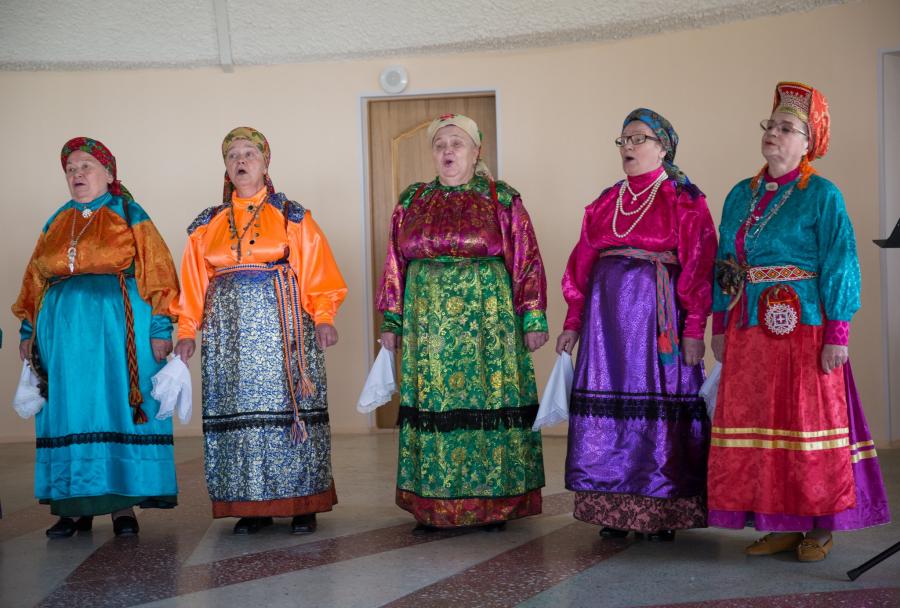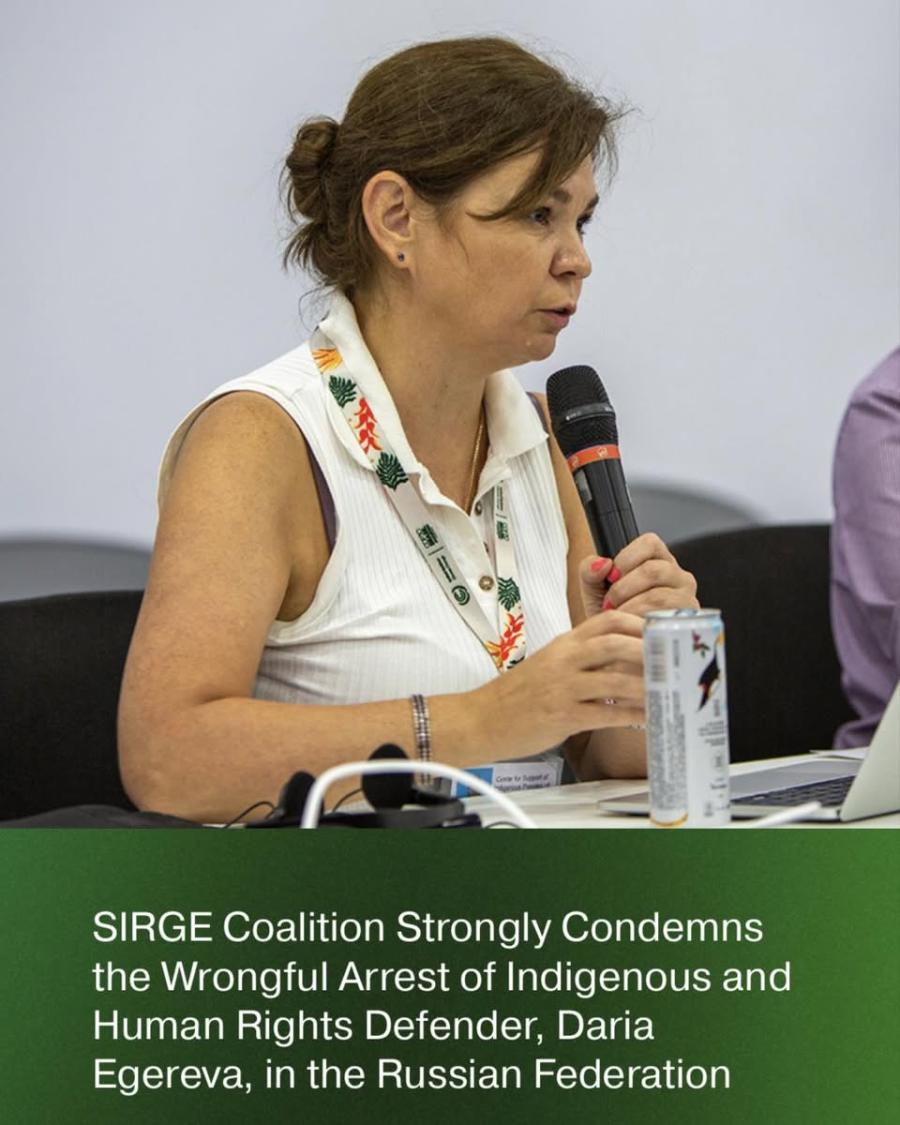Russia has ordered a full environmental probe of Royal Dutch Shell's US billion Sakhalin-2 oil and gas development in Russia's Far East
Shell has already spent upwards of US billion on Sakhalin-2, due to start up in 2008. Much of the initial production has found customers in the United States and Japan.
Until August, the company said it had worked in step with Russian regulators to fulfil all necessary regulations.
Analysts say Moscow is seeking to tighten deals struck with foreign investors in the 1990s when oil prices were low and may also want a stake for Gazprom in the massive projects.
But a Kremlin source says Russia's main worries about Sakhalin-2, adjacent to feeding grounds for the endangered Gray Whale, are environmental rather than political or economic.
What are Moscow's specific environmental concerns?
Natural Resources Minister Yuri Trutnev said the original permit granted to Sakhalin-2 had been accompanied by 60 recommendations, of which 30 had not yet been fulfilled.
Chief environmental concerns include deforestation and damage to the sea around Sakhalin, as well as sand clogging river beds and the potential for pipeline damage in an area prone to mudslides, he said.
Project operator Sakhalin Energy, 55 percent owned by Shell, has made the following comments on its website http://www.sakhalinenergy.com :
...The project has faced significant environmental challenges, but the company firmly believes these have been fully addressed.
There is ample evidence of the company's commitment to preserve Sakhalin and protect Western Gray Whales, Steller Sea Eagles and salmon.
Russia's State Environmental Expert Review (SEER) of Sakhalin-2 made 90 recommendations in July 2003 aimed at optimising the project. This number is comparable to environmental reviews of all large-scale projects in Russia.
The company regularly informs the Sakhalin branch of (environmental watchdog) Rosprirodnadzor as well as the Rosprirodnadzor headquarters in Moscow on the status of work on all recommendations. The most recent report was filed on Aug. 24.
Sakhalin Energy says 49 recommendations have been fully implemented, while some are awaiting final agreement by Russian authorities.
Five recommendations are being reworked after consultations with Moscow and 36 are works in progress.
Some relate to the Oil Spill Response Plan that must be in place prior to the start of year-round oil operation in late 2007.
Others relate to the Environmental Monitoring Project that covers long-term monitoring in the Operations Phase that will not start until construction is over and facilities are commissioned.
Development of the Monitoring Project has finished, and its submission to experts, authorities and public will commence shortly.
Progress is on time with implementation of outstanding recommendations that will be in place prior to completion date.



